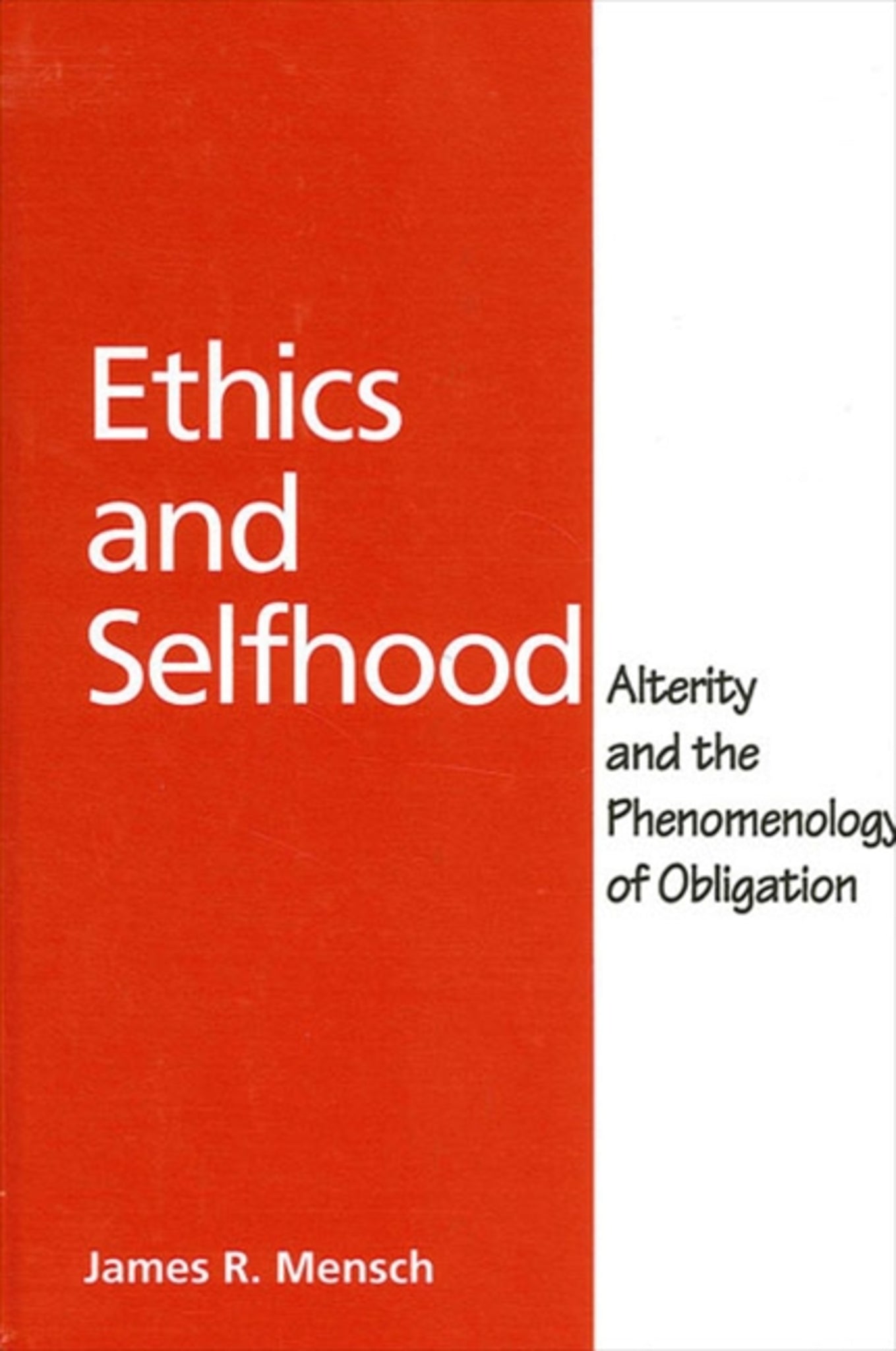We're sorry. An error has occurred
Please cancel or retry.
Ethics and Selfhood

Some error occured while loading the Quick View. Please close the Quick View and try reloading the page.
Couldn't load pickup availability
- Format:
-
17 July 2003

Argues that a coherent theory of ethics requires an account of selfhood.
According to James R. Mensch, a minimal requirement for ethics is that of guarding against genocide. In deciding which races are to live and which to die, genocide takes up a standpoint outside of humanity. To guard against this, Mensch argues that we must attain the critical distance required for ethical judgment without assuming a superhuman position. His description of how to attain this distance constitutes a genuinely new reading of the possibility of a phenomenological ethics, one that involves reassessing what it means to be a self. Selfhood, according to Mensch, involves both embodiment and the self-separation brought about by our encounter with others-the very others who provide us with the experiential context needed for moral judgment. Buttressing his position with documented accounts of those who hid Jews during the Holocaust, Mensch shows how the self-separation that occurs in empathy opens the space within which moral judgment can occur and obligation can find its expression. He includes a reading of the major moral philosophers-Plato, Aristotle, Kant, Mill, Arendt, Levinas-even as he develops a phenomenological account of the necessity of reading literature to understand the full extent of ethical responsibility. Mensch's work offers an original and provocative approach to a topic of fundamental importance.


Acknowledgments
Introduction
1. Selfhood and Certainty
2. Empathy and Self-Presence
3. The Divided Self: A Phenomenological History of Ethics
4. Rescue and the Origin of Responsibility
5. An Ethics of Framing
6. Freedom and Alterity
7. Alterity and Society
Notes
Bibliography
Name Index
Subject Index



